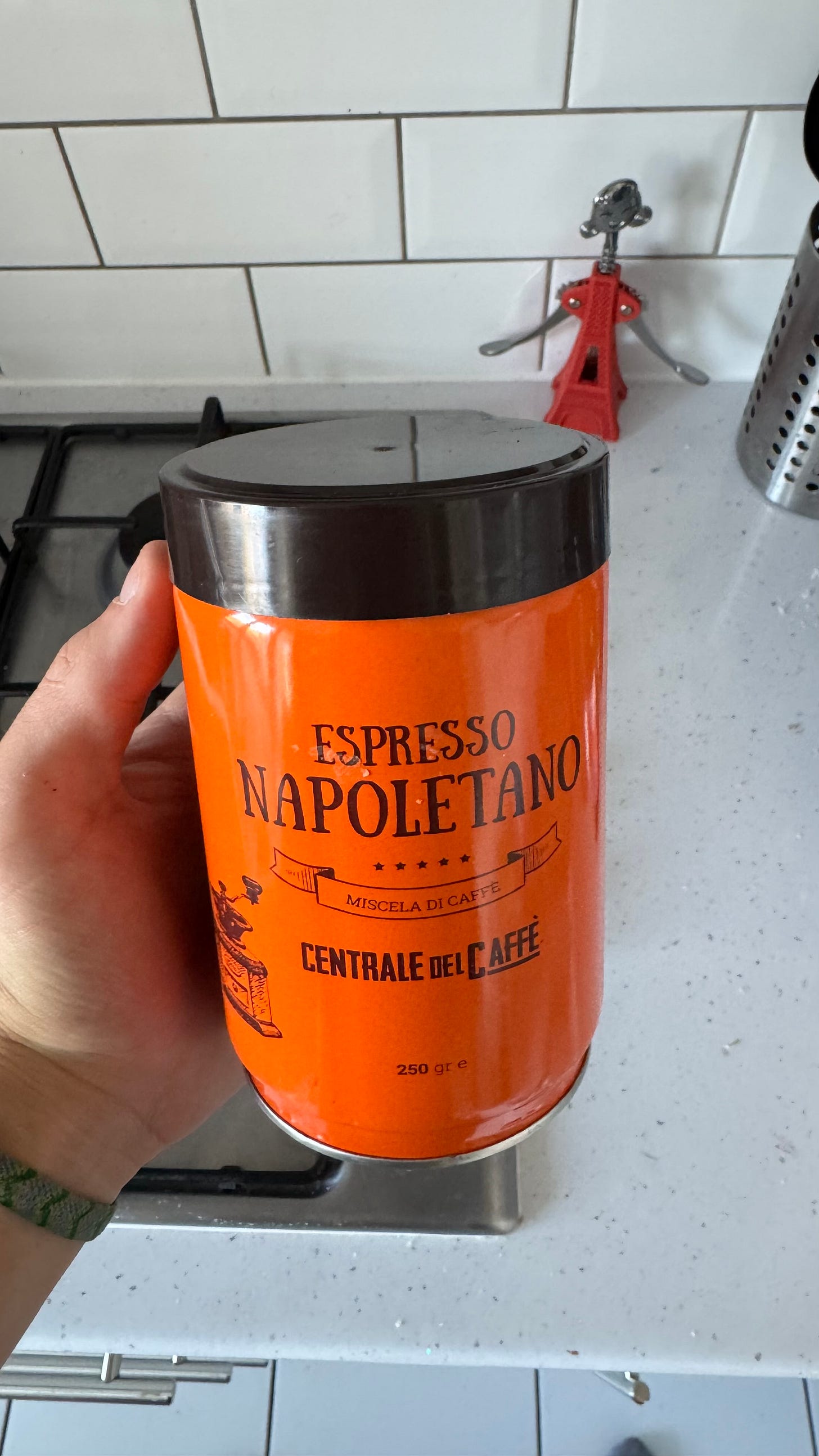This past week, I was staying at my friend Emma’s apartment in London, and wanted to get her a thank-you gift for being such a wonderful host. She was running low on coffee, so I decided to go to the store down the street to get her some more.
The store didn’t have the exact brand she had at home, so I got another Italian one that I thought she’d like. I bought the bag of whole beans, then asked the clerk at the counter where I could grind them since I didn’t see a grinder in the aisle.
The clerk looked at me like I was crazy and asked: “Why in the world would there be a coffee grinder in the store?”
At its most basic form, an axiom is any statement from which others can be logically derived. Throughout math and philosophy, plenty of these axioms are used to build all other propositions, most of which we intuitively grasp and don’t even think about.
From the axiom (a + 0 = a), for example, you can prove any valid statement of addition. Using it and through some very convoluted (but valid) steps, you could eventually even get to (1 + 2 + 3 + 4 + 5 + 6 + 7 + 8 + 9 + 10) = (7 + 8 + 9 + 10 + 11 + 1 + 2 + 7). I know you didn’t read all that. Both equal 55.
But math and logic aren’t the only domains to which these axioms can be applied. As funny as it is, the coffee incident made me ponder this idea deeply, and I’ve decided to call my proposition the axioms of existence.
These axioms are not the basis for fancy mathematical manipulation, but rather are the building blocks of our world, ones on which we build our experience of living. These axioms are completely informed by our environment and surroundings, and we never really question them. They’re just there. The sky is blue. Green means go. Red means stop.
Of course the store has a coffee grinder. Why wouldn’t it?
And so when we’re faced with challenges to these axioms, we like to describe them as “culture shocks”. We feel disoriented in a new place, and feel strange in a foreign land filled with different attitudes and another way of life. It’s the classic experience of any American traveling in the UK: “That’s so funny, they drive on the left side of the road!” We call our families about it, tell our friends back home, and forget about it not too much later.
But sometimes, something new is not merely a “culture shock” — it is so profound, so unexpected, that you find that an axiom of your existence, one that you never even consciously thought about, is dramatically interrogated and found to not be universally true.
As funny as it is, the coffee anecdote I shared above was one such example — the idea that a store could sell whole coffee beans without a grinder was not just strange, but unfathomable. It forced me into an unexpected adventure around northeast London (which I won’t go into here), and shook me to my core.
These axioms are not just confined to coffee and their grinders (or lack thereof) — you could imagine visiting a friend in a place where the bathrooms had no toilet paper. After a traumatizing visit to the loo, you ask your friend why there weren’t any of the precious squares, and in a confused tone they ask you why you didn’t bring your own. In their world, everyone brings their own toilet paper when they go for a much-needed #2.
This situation would not just be a culture shock and a reason to buy new underwear — it would be a profound and very strange experience, one where an axiom of your existence (that all bathrooms provide toilet paper) was found to not be true at all. And I hope that that axiom, for one, is never questioned.
The axioms of existence, eh? What an interesting thought!
Best,
Dennis
P.S. No, I didn’t hear the term “axioms of existence” from anywhere before. As far as I know, this was coined right here on Interosity!
P.P.S. I know my description of an axiom is an oversimplification of the idea. Math students, please don’t kill me. (I’m looking at you, Nathan)





Love this! Also there are actually places I've been to where toilet paper in bathroom is not expected, and you're expected to bring your own 🫠
give this man a nobel prize!